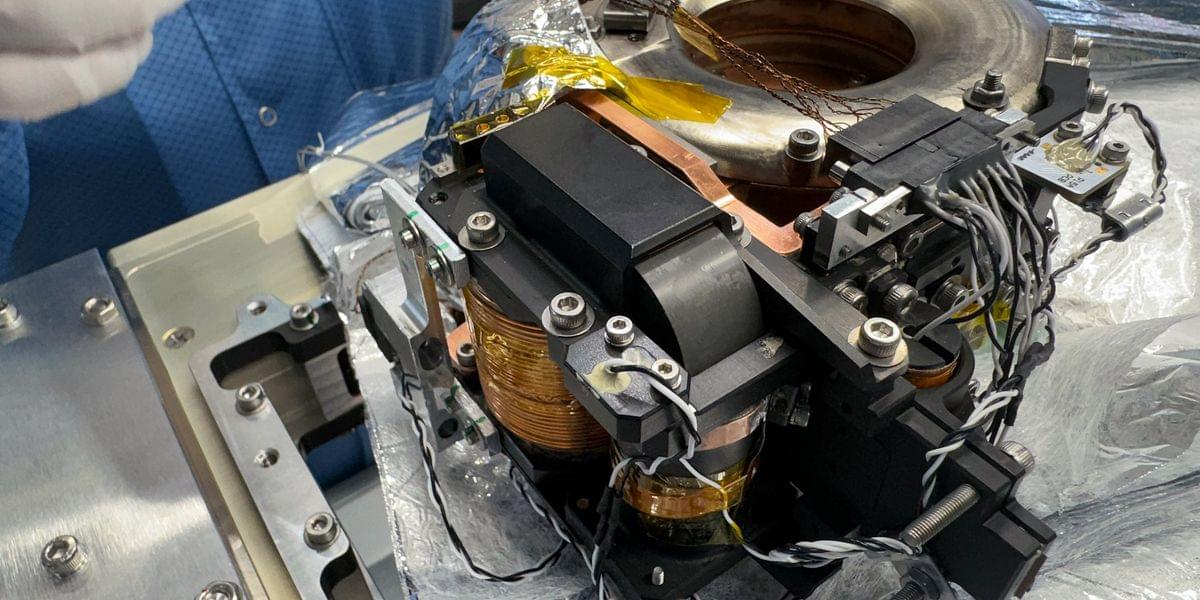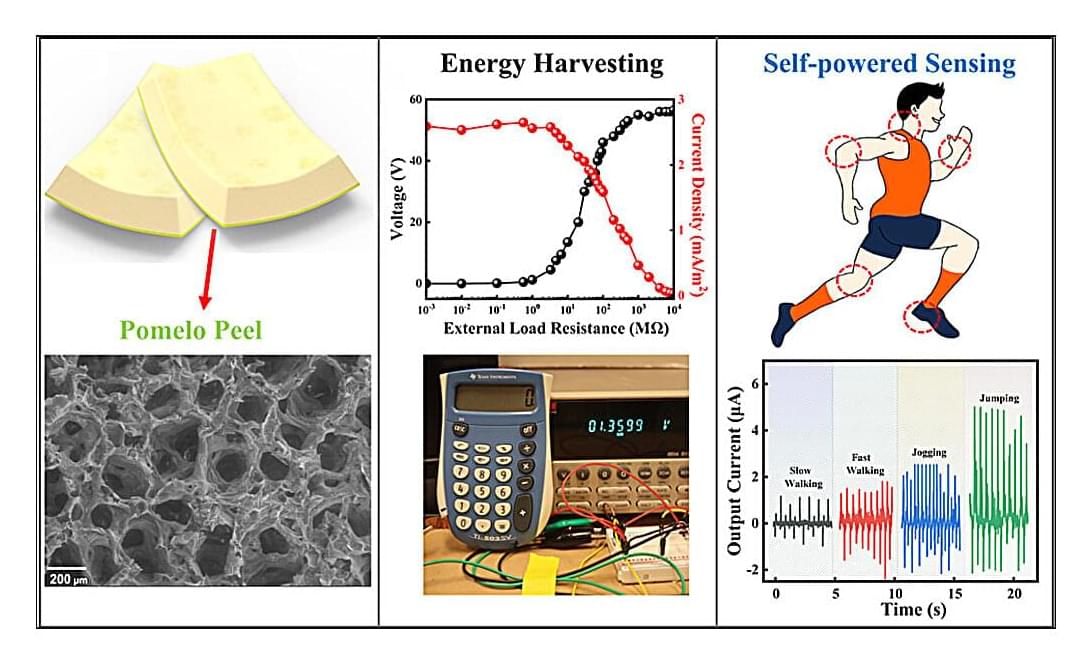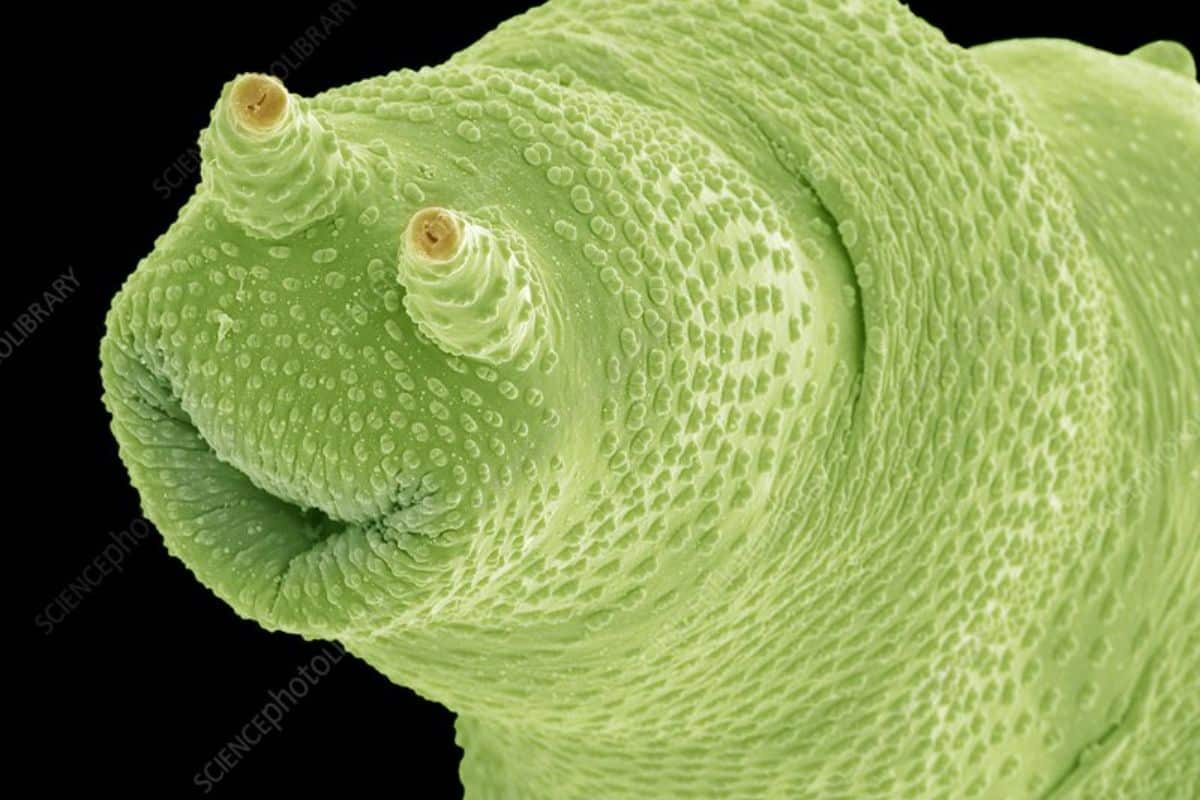“Can you hand me the… you know… the thingy? It’s right there next to that other doohickey!” Struggling to find the right word happens to all of us. In fact, it even has a name; lethologica, and it tends to become more common as we get older.
Forgetting words now and then isn’t a big deal, but if it starts happening frequently, it could be an early sign of changes in the brain linked to Alzheimer’s disease —long before more obvious symptoms appear. But here’s the twist: A recent University of Toronto study suggests that how fast you speak might be a better clue about brain health than the occasional word mix-up.





